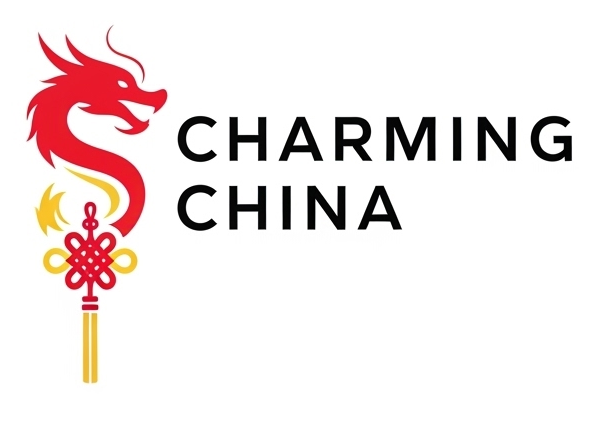The Eight Immortals Crossing the Sea: A Classic Chinese Myth of Wisdom and Power
In the rich tapestry of Chinese mythology, few legends are as colorful and enduring as the tale of the Eight Immortals (八仙, Bāxiān). Known collectively as “The Eight Immortals Crossing the Sea” (八仙过海, Bāxiān Guò Hǎi), this story symbolizes wisdom, creativity, and Daoist philosophy. It continues to inspire literature, opera, art, and even modern pop culture in China and beyond.
Who Are the Eight Immortals?
The Eight Immortals are mythical figures in Daoism (Taoism), each representing different aspects of life and human character. They achieved immortality through Daoist cultivation and became cultural icons of supernatural power.
- Zhongli Quan (钟离权): Master of elixirs, symbolizes longevity.
- Zhang Guolao (张果老): Eccentric old man with wisdom, often riding a donkey backwards.
- Lu Dongbin (吕洞宾): Scholar-swordsman, a patron of scholars and warriors.
- Li Tieguai (李铁拐): Crippled immortal with a gourd that heals the sick.
- Han Xiangzi (韩湘子): Musician who plays the flute, symbolizing joy.
- Cao Guojiu (曹国舅): Related to royalty, symbol of justice and nobility.
- Lan Caihe (蓝采和): Androgynous immortal, often depicted with flowers, symbolizing freedom.
- He Xiangu (何仙姑): The only female immortal, representing purity and compassion.
The Story of Crossing the Sea
The most famous tale, “The Eight Immortals Crossing the Sea”, tells how the immortals were traveling to a grand gathering at the Queen Mother of the West’s (西王母) palace.
- Instead of using a common bridge or magical cloud, each immortal chose to use their own magical treasure to cross the sea.
- Along the way, they encountered challenges and sea creatures, but they overcame them using creativity, cooperation, and their unique powers.
- The phrase “八仙过海,各显神通” (“When the Eight Immortals cross the sea, each shows their divine power”) has become a Chinese proverb, meaning “everyone uses their own skills to solve a problem.”
Cultural Significance
- Daoist Symbolism: The Eight Immortals represent balance, harmony, and spiritual cultivation.
- Moral Lesson: The story teaches that different strengths can achieve the same goal.
- Cultural Legacy: Their images often appear in Chinese New Year decorations, art, and folk opera as symbols of good fortune and longevity.
Modern Influence
- Language: The idiom “Each shows their divine power” is widely used in Chinese daily life.
- Art & Entertainment: The Eight Immortals appear in operas, novels, cartoons, and even video games.
- Tourism: Temples, sculptures, and scenic spots in China celebrate their legacy, such as the Eight Immortals Palace in Shandong.
- Global Symbolism: Similar to Greek mythology’s Olympian gods, they embody the ideal of diverse heroes working together.
Why the Story Appeals to Global Readers
- Mythological Archetypes: Comparable to Western legends of demigods and saints.
- Universal Themes: Teamwork, creativity, and overcoming challenges.
- Rich Symbolism: Blending folklore, spirituality, and moral values.
FAQs
Q1: Who are the Eight Immortals in Chinese mythology?
They are legendary Daoist figures who achieved immortality, each with unique powers and symbols.
Q2: What does “The Eight Immortals Crossing the Sea” mean?
It’s a story where each immortal uses their own magical treasure to cross the sea. The phrase is now a proverb meaning “everyone uses their own abilities to succeed.”
Q3: Are the Eight Immortals real historical figures?
Some are based on real people, but most are legendary characters shaped by Daoist folklore.
Q4: What do the Eight Immortals symbolize today?
They represent good fortune, longevity, wisdom, and diversity of strengths.
Q5: How does this legend compare to Western mythology?
Like the Greek gods or Norse heroes, the Eight Immortals embody human traits and powers, making them relatable to audiences worldwide.
